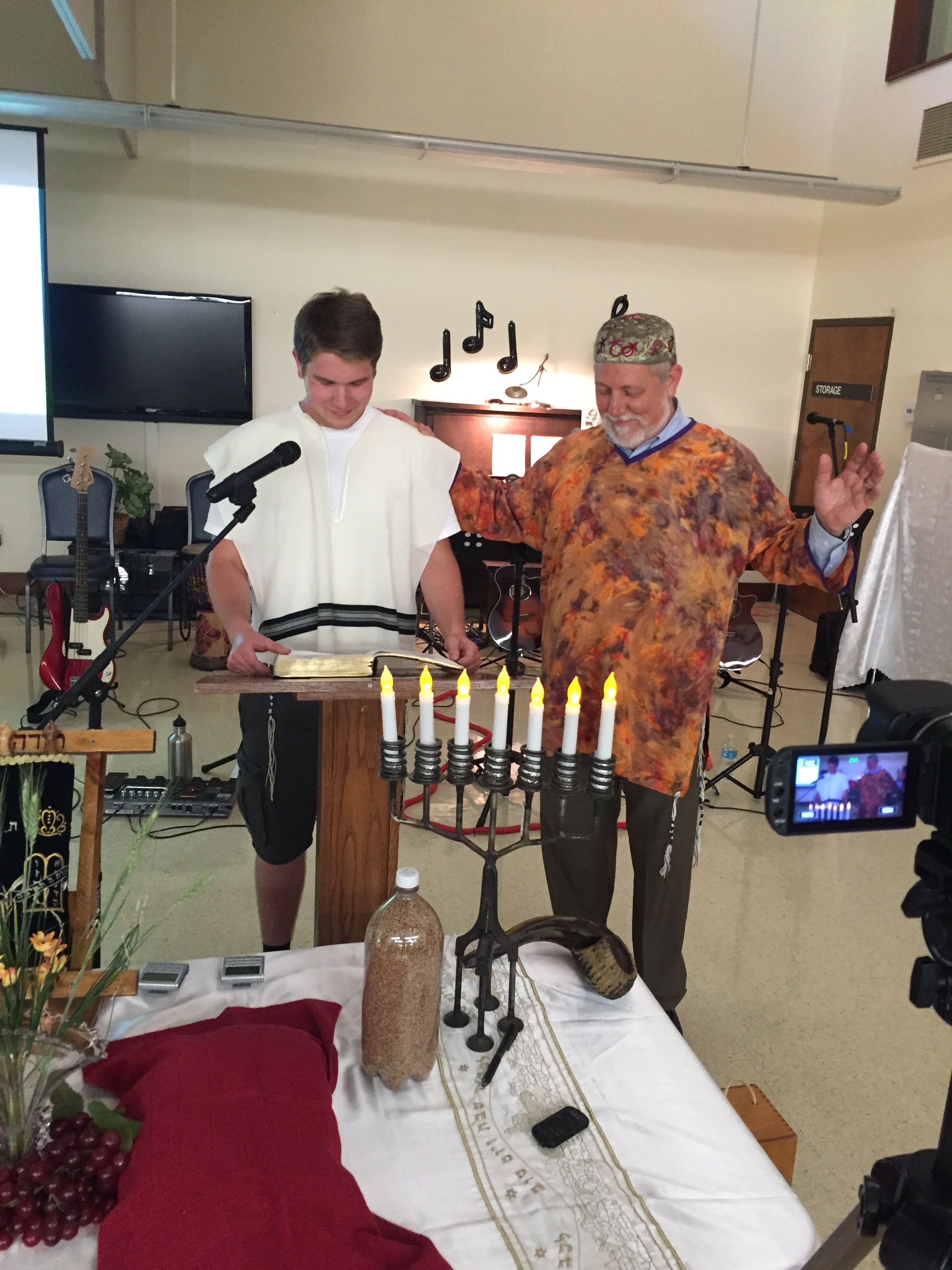
Ezekiel 20:12, 13, 16, 20, My Sabbaths. YHVH cites Israel’s failure to keep his sabbaths as a prime reason for YHVH not permitting the older generation to enter the Promised Land. Judah’s not keeping the land sabbaths determined the length of her captivity in Babylon; namely, 70 years. The writer of the Epistle to the Hebrews brings up the Sabbath issue in chapter four of that book. What is the connection between keeping YHVH’s sabbaths and entering the spiritual rest of his Promised Land? (Read Heb 4:1–11.)
The Sabbath was the eternal sign between YHVH and his people, and it was one of the first Torah laws YHVH called upon Israel to practice. As noted, the failure of YHVH’s people to keep his sabbaths prevented the Israelites from going forward into their spiritual destiny.
Likewise, the fourth or Sabbath commandment of the Ten Commandments is the only one of the ten where YHVH instructs his people to “remember” it implying that they would eventually forget to keep his Sabbaths. History records that the Sabbath was the first so-called Jewish law that the early church left replacing it with Sunday (in the second century a.d.). In the modern Hebrew Roots Movement, YHVH’s people are beginning to leave the non-biblical religious traditions of men by returning to a more true-to-Scripture spiritual walk (a fulfillment of Malachi’s prophecy about the heart of the children being turned back to their fathers in the end days in preparation for Messiah’s arrival [Mal 4:4–6]).
How prominently does the Sabbath figure in the lives of those believers who are returning to the Hebrew roots of the Christian faith? How significant is this prophetically? Is history repeating itself in reverse? Instead of YHVH’s people leaving the Sabbath, they are returning to it. The keeping of the Sabbath is an acknowledgment of YHVH’s sovereignty as the Creator of all, and of his sovereignty over our time, work and lives. Keeping the Sabbath is a direct assault on idolatry, materialism, selfishness, rebellion, and assimilation into the surrounding pagan culture that occurred when Israel forsook the Sabbaths of YHVH. Notice how Ezekiel ties the idolatry, rebellion and general apostasy of Israel with her desecration of YHVH’s Sabbaths. What was Israel’s heart condition that caused her to rebel against this commandment of YHVH? What are the excuses used by many today in order to justify themselves in desecrating YHVH’s Sabbaths?
In Ezekiel 20, we see that YHVH’s feasts (or sabbaths) are a covenantal sign between YHVH and his people (Ezek 20:12) that they were to live by (Ezek 20:11), yet which Israel, in rebellion, refused to do while in the wilderness. Instead they defiled his sabbaths by, presumably, not doing them and doing other things on YHVH’s holy days (Ezek 20:13). Israel’s rebellion against YHVH with regard to their refusal to keep his sabbaths brought upon them YHVH’s judgments (Ezek 20:13). In other words, it was YHVH’s will for the Israelites to keep his sabbaths in the wilderness, but because of their idolatrous rebellion, they refused to do so. In fact, YHVH calls refusing to observe his sabbaths idolatry and for this sin (along with other sins), the Israelites had to wander in the wilderness for forty years (Ezek 20:15–16). In profaning his sabbaths, YHVH accuses the Israelites of despising his Torah (Ezek 20:16). YHVH then goes on to urge his people to not follow the example of their rebellious forefathers, but rather to walk in all of his Torah commands (including his sabbaths, Ezek 20:18–20). Because of their profaning his sabbaths, he punished them by scattering them in exile among the heathens. Those modern saints who refuse to keep YHVH’s Sabbath and feasts are walking in the same sin as the ancient Israelites. Often people who refuse to keep YHVH’s feast days holy do so because the feasts conflict with their secular activities (such as their jobs and recreational activities). YHVH calls this idolatry and being like the heathen (Ezek 20:30, 32). In the end times, YHVH is going to separate his people out from the heathen and bring them back into covenantal agreement with him including obedience to his sabbaths (Ezek 20:33–38). He will purge from his people those rebels who refuse to obey him including keeping his sabbaths (Ezek 20:38), which are a sign of his covenantal relationship with them.
















